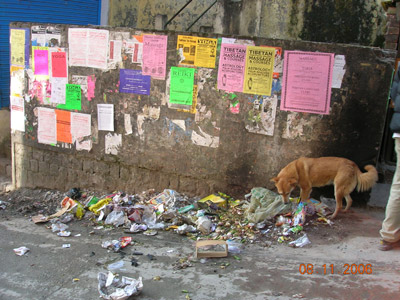While working on Earthquake Relief in Pakistan I had the opportunity of attending a mountain festival at Broghill, N.W.F.P. in July. This area, Upper Yarkun Valley, source of the Kabul River is adjacent to the Wakhan Corridor, Afghanistan and is probably one of the most undeveloped parts of Pakistan. It’s settled by Tajik Ismaelis who are recent migrants having moved from Tajikistan 100-200 years ago The area was not settled at the time, possibly due to the onset of colder weather in Medieval times. In an earlier period it was part of the Silk Road economy with wealthy and vibrant communities who were subject to invasion and conquest by many different kingdoms over time. Even in recent times cross-mountain trade was common until political changes and transport innovations in the last 60 years left many mountain communities isolated.
The Tajik are mostly pastoral nomads with permanent settlements up to 3,600m and summer residences to 4,500m where they herd cattle, sheep, goats and yak during the short summer season of June to August. Summer diet consists of the many different types of milk products (cream is the favourite), freshly ground (in local water mills) whole wheat bread pan-cooked over an open fire of dung and scraw turf (found near hot springs) and occasional meat when animals are sacrificed. Permanent houses are stone built, plastered with mud with scraw turf roofs though these are being replaced by CGI sheets. Summerhouses are similar but not plastered (and occasionally fall down) while higher houses are basic, often no more than stone built windbreaks. There are no roads or electricity and it takes three days on foot or 1½ days by horse to go from the end of the jeep track to the last permanent village; less when glacial rivers are low in Spring. Another half-day is needed to reach Karamber Pass (4,300m) separating Chitral from Gilgit Districts. Schools and mosques are being built and slowly the area is being developed; a process that will accelerate as the long-term plan is to build a road connecting Pakistan with Tajikistan and Central Asia.
The festival was founded in 2001 when local communities set up a three-day competition involving all the local villages in polo, races, football and tug-of-war enlivened by local poetry and dances to be held at Showar Sheer (3,700m). Horse polo, the most important and prestigious, is free style; there is no referee but a timekeeper and men to declare goals and throw in the wooden ball when wide. They also play polo with donkeys and yak the only difference being that the field is smaller. Donkey polo is very amusing and play




 Print
Print Email
Email